This post may contain affiliate links which means I will get a commission if you make a purchase at no additional cost to you. As an Amazon Associate I earn from qualifying purchases. Please read my disclosure for details.
Wandering through a farmers market feels magical, with colors and scents tugging at your senses. Yet some items hide secrets that might empty your wallet fast.
Not every cheerful vendor offers the best deal or the safest choice. Here are twelve things you should leave behind, no matter how charming the display looks.
Olive Oil Sold from Open Containers

WANT TO SAVE THIS RECIPE?
Large vats of olive oil look rustic and pure, but open air can spoil flavor and invite bacteria. Bottled oil has better quality checks and lasts longer. At the farmers market, it is wiser to skip those big open tubs and buy sealed bottles elsewhere instead.
Spices Packed without Labels

Spices often arrive in plain bags with no date or origin listed. That secrecy makes it hard to know if the flavors are fresh or fading. Supermarkets or specialty shops offer labeled jars where you know exactly what you are getting, sparing you from stale seasonings.
Dairy Products Lacking Proper Chilling
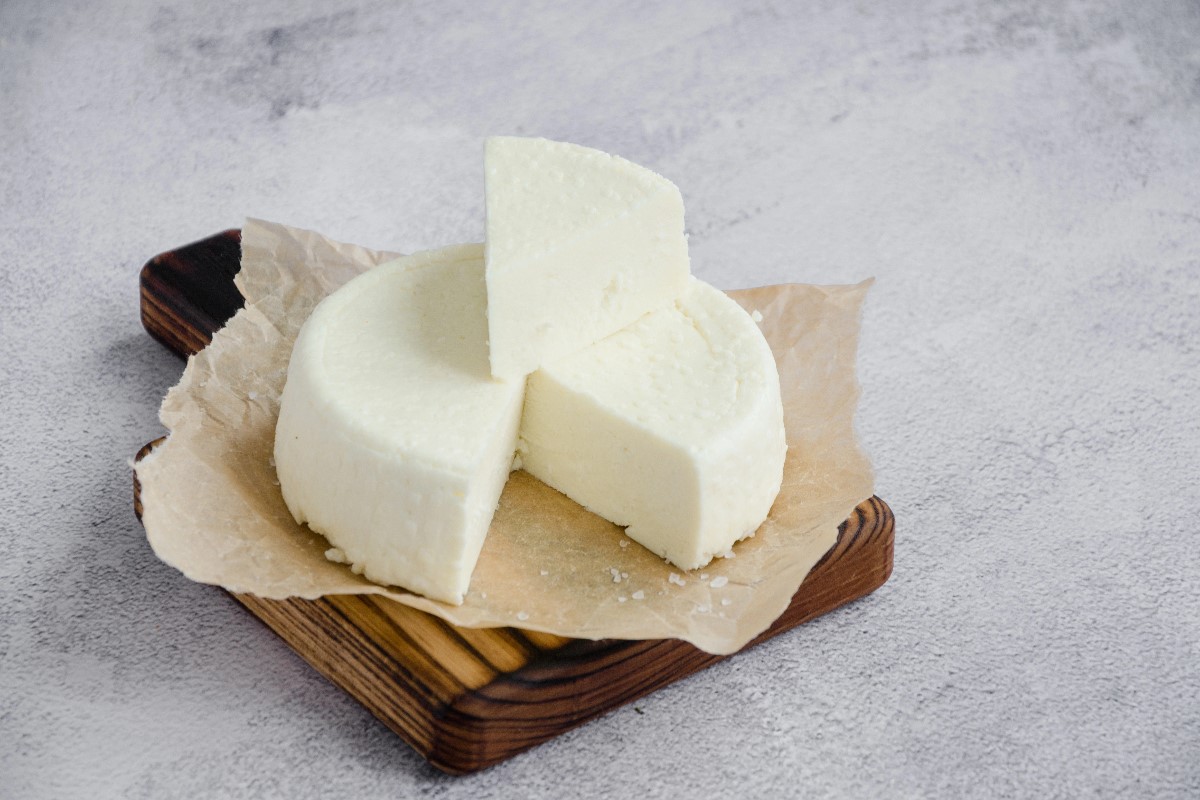
Homemade cheese or cream sounds delightful, but warm stalls can spell trouble. Even short exposure to heat allows bacteria to grow. Without trusted refrigeration and proper labeling, dairy can pose health risks. You are safer buying dairy from stores that control the temperature well.
Exotic Fruits you have Never Tried
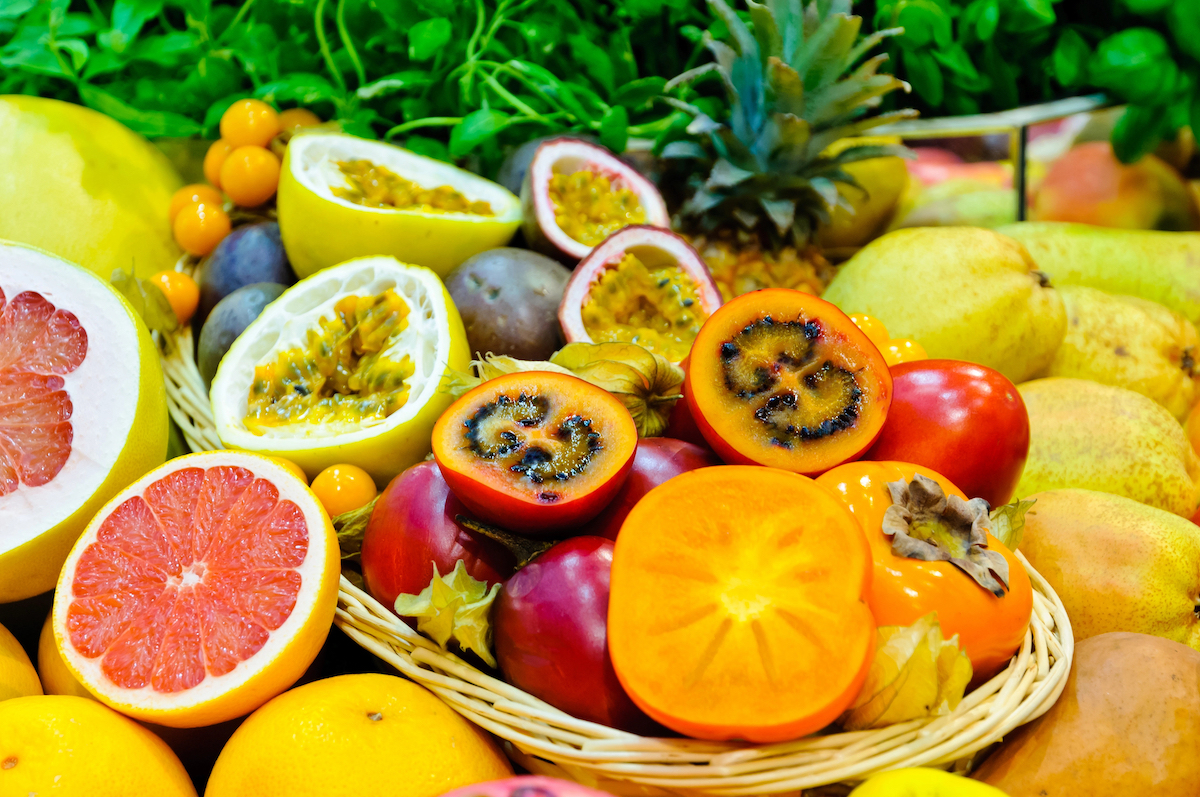
Strange looking fruits promise adventure, but at the farmers market, they often come with steep prices and uncertain ripeness. Many vendors charge more for novelty than quality. Grocery stores offer exotic produce too, often at lower prices and with guidance on taste and preparation.
Pre-Cut Fruits in Open Containers
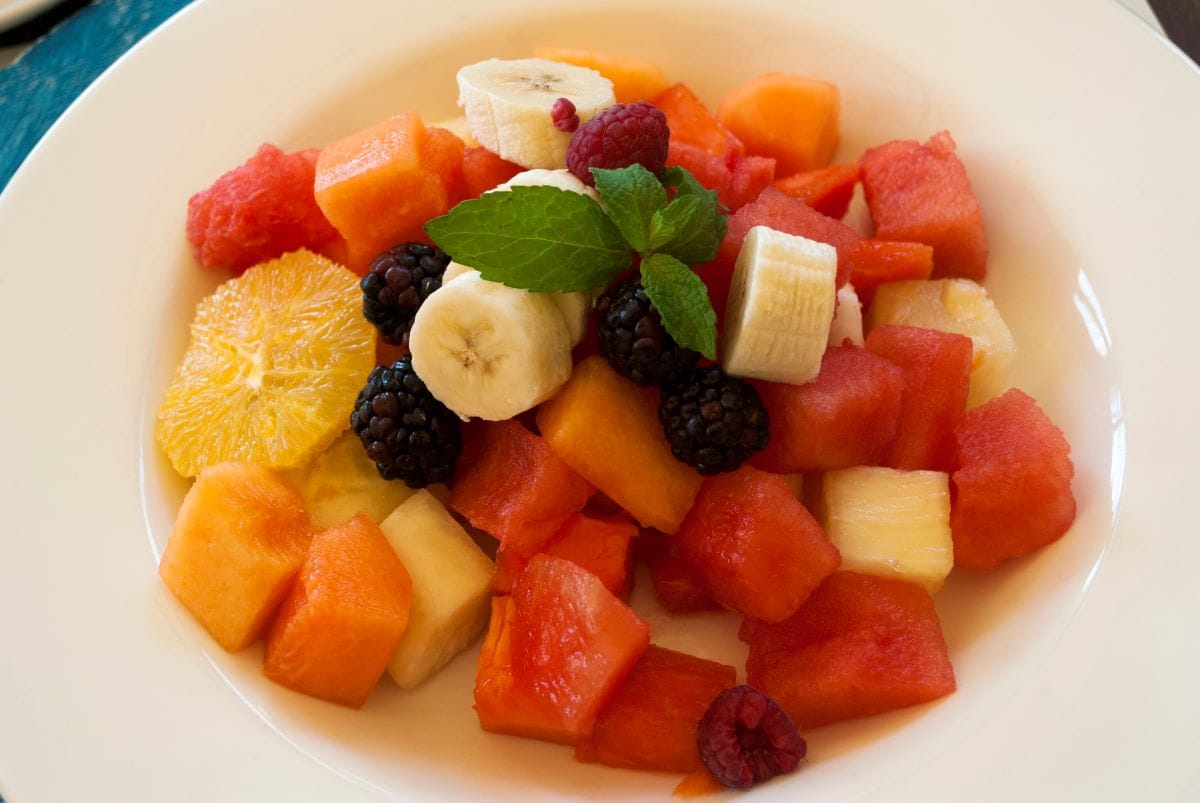
Those colorful fruit cups look fresh and inviting, but pre-cut fruit has a short shelf life and attracts bacteria fast. Vendors may not have proper chillers, risking food safety. Buying whole fruit to cut at home keeps things fresher and avoids unnecessary worries.
Herbs Bundled in Large Bunches
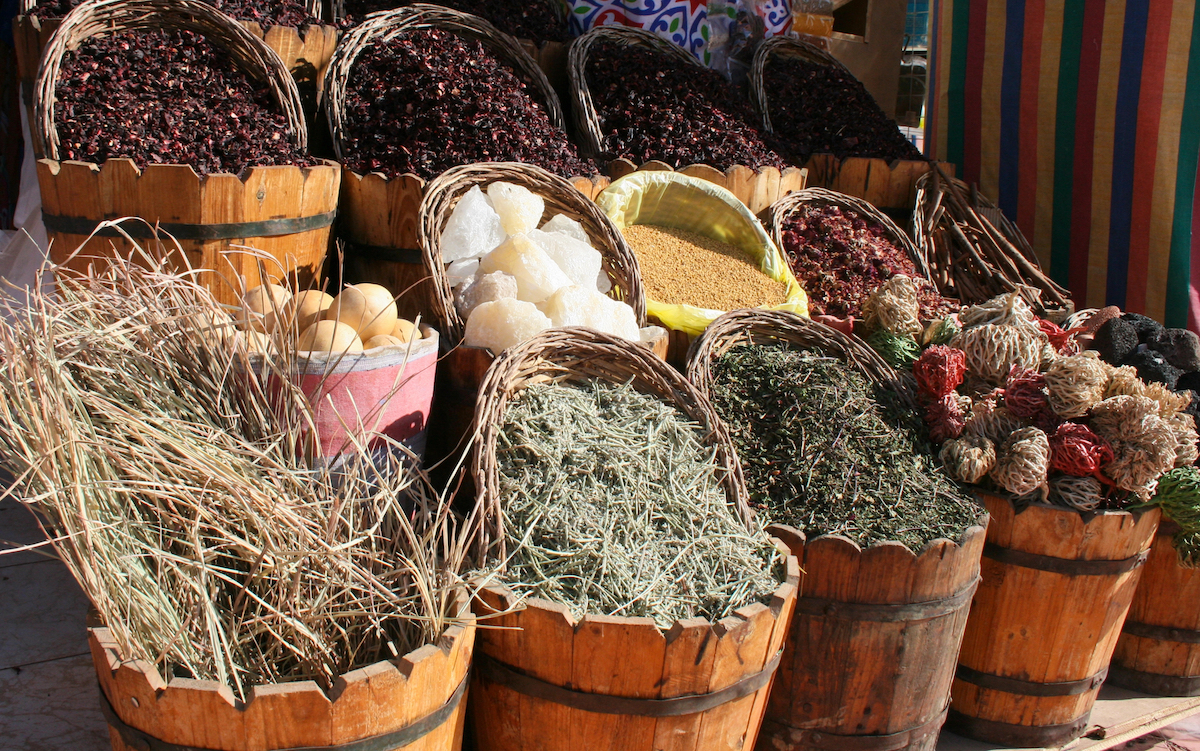
A giant bunch of herbs seems like a bargain until half goes limp in your fridge. Herbs lose flavor quickly, and waste adds up fast. Supermarkets let you buy smaller amounts so you use only what you need, avoiding spoilage and saving your money.
Related Post: 15 U.S. Bodega Traditions That Confuse First Time Canadian Visitors
Baked Goods without Ingredient Lists
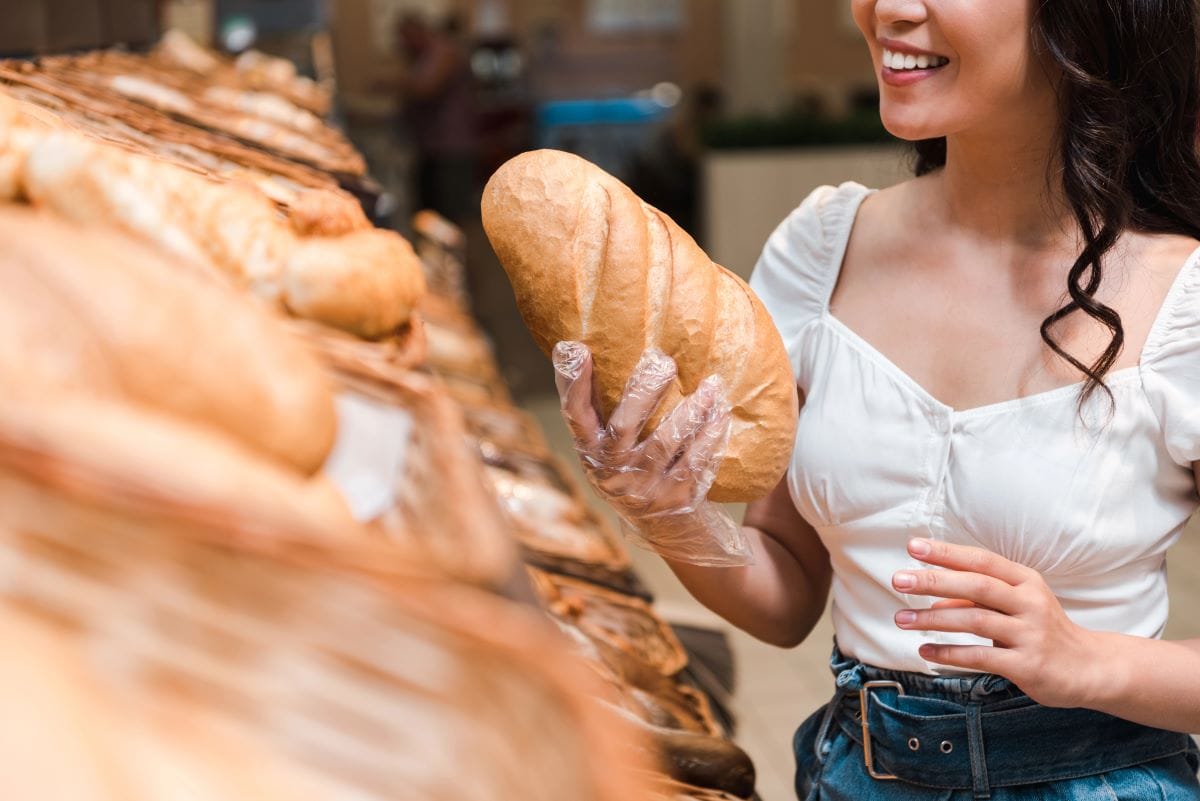
Crumbly pies or golden bread smell amazing, but unlabeled baked goods hide unknown allergens. No label means no certainty about nuts, dairy, or other ingredients. It is safer to choose baked items that share full ingredient lists, especially for anyone with dietary needs or allergies.
Related Post: 12 Fast Food Meals With Protein Levels That Rival Your Gym Smoothie
Honey Sold in Reused Containers
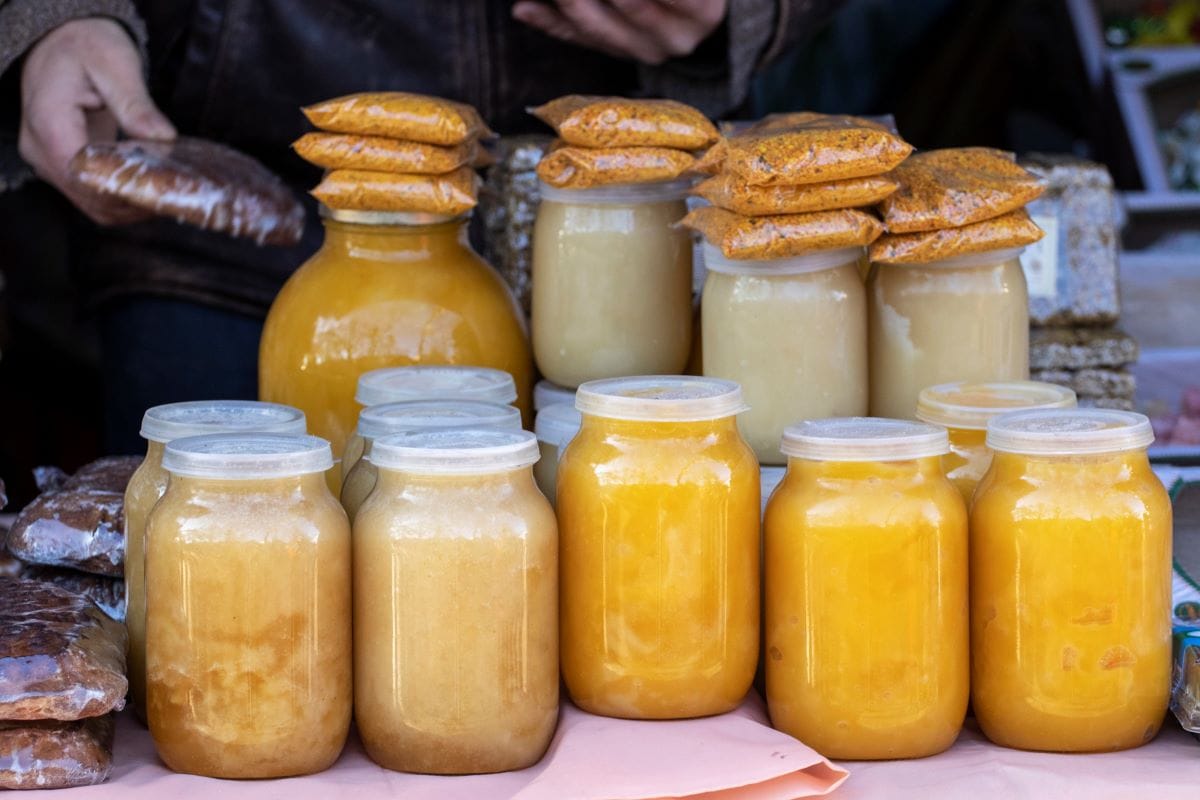
Honey sold in random jars might be local, but reused containers can hold residue or bacteria from past contents. Food safety matters, and labeling ensures purity. Store bought honey in sealed bottles guarantees quality and keeps your kitchen safe from hidden contamination risks.
Related Post: 14 Ways U.S. And Canadian Bodegas Are Completely Different According To Shoppers
Jams and Preserves from Home Kitchens
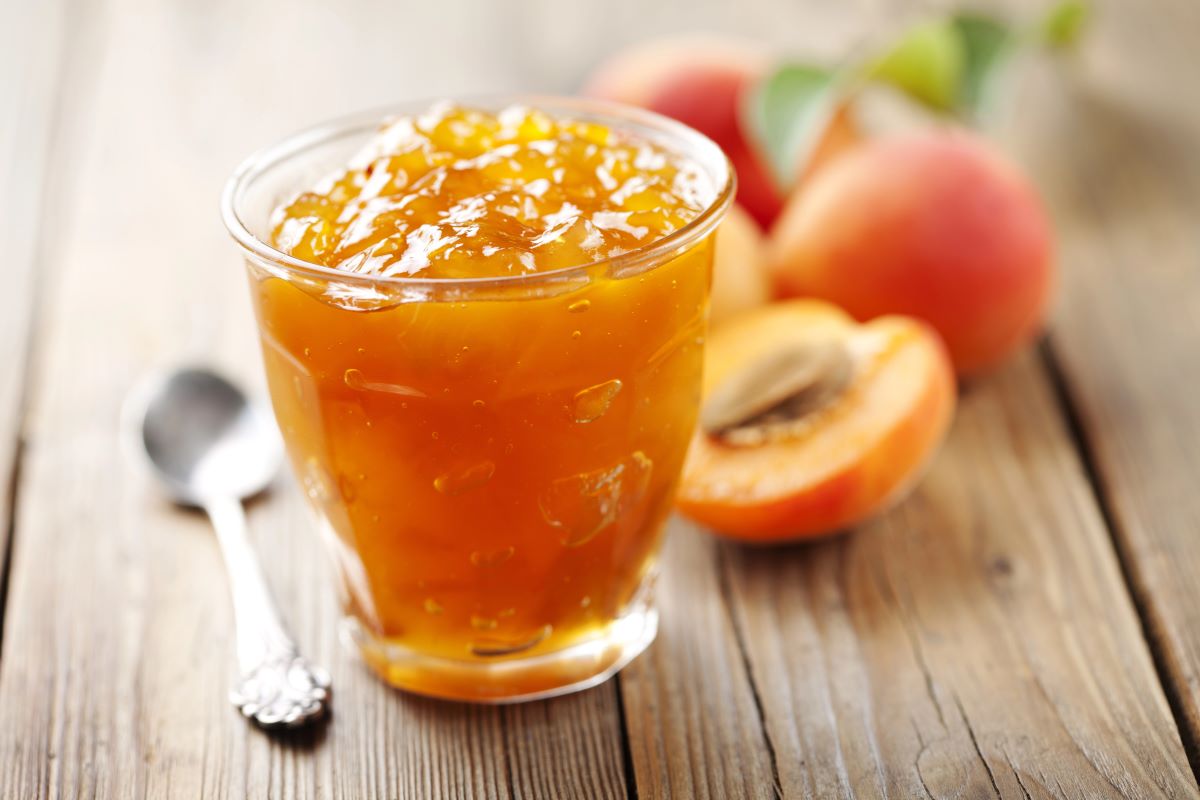
Homemade jam feels sweet and nostalgic, yet proper canning requires strict rules. A home setup may skip sterilization steps, inviting harmful bacteria. Sealed, commercially prepared jams face testing and standards that protect you. Buying those helps avoid spoiled spreads or potential health hazards.
Related Post: 14 Burgers That Tasted Different After The Ban And No One Was Warned
Wine Bottled without Government Labels
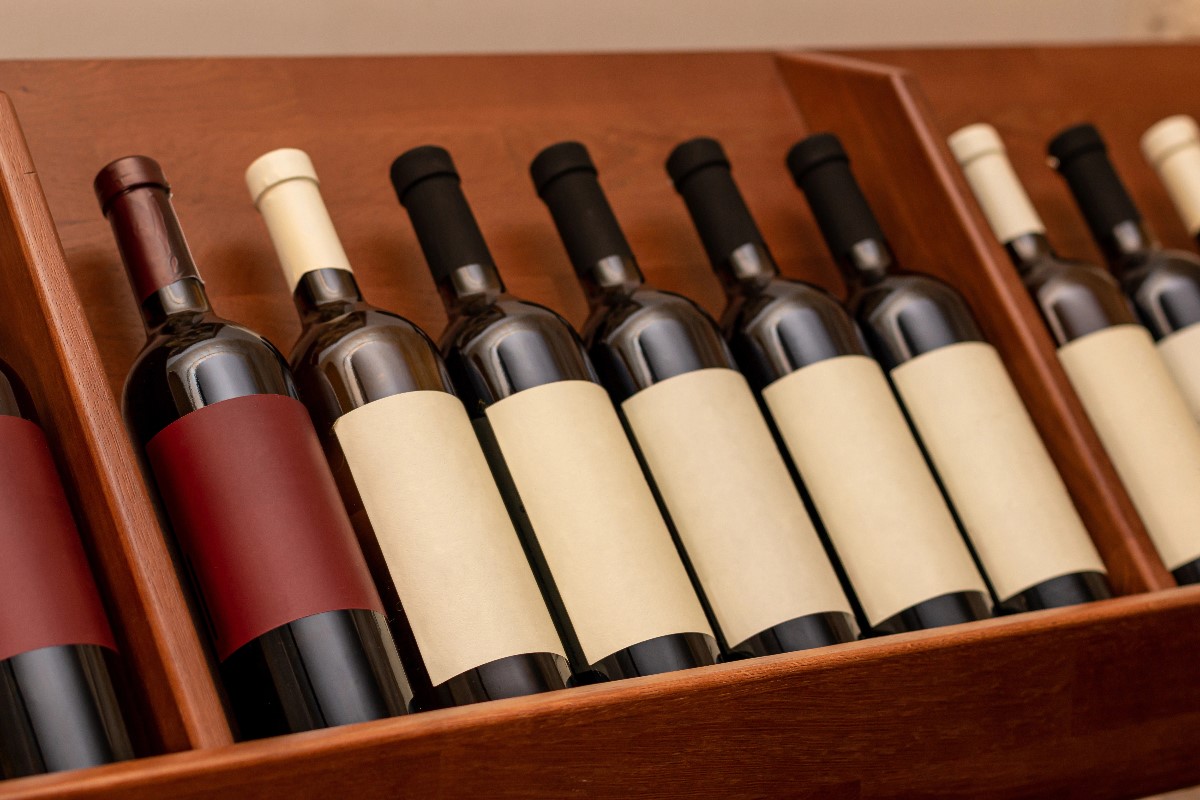
Some market stalls offer wine poured from unlabeled bottles. No label often means no oversight on alcohol content or production practices. Regulated bottles in stores give clarity and confidence. Though a sip feels charming, unlabeled market wine can leave you uncertain about what you are drinking.
Related Post: 13 State Favorite Food Brands That Outsiders Are Just Discovering
Pickles in Unsealed Jars
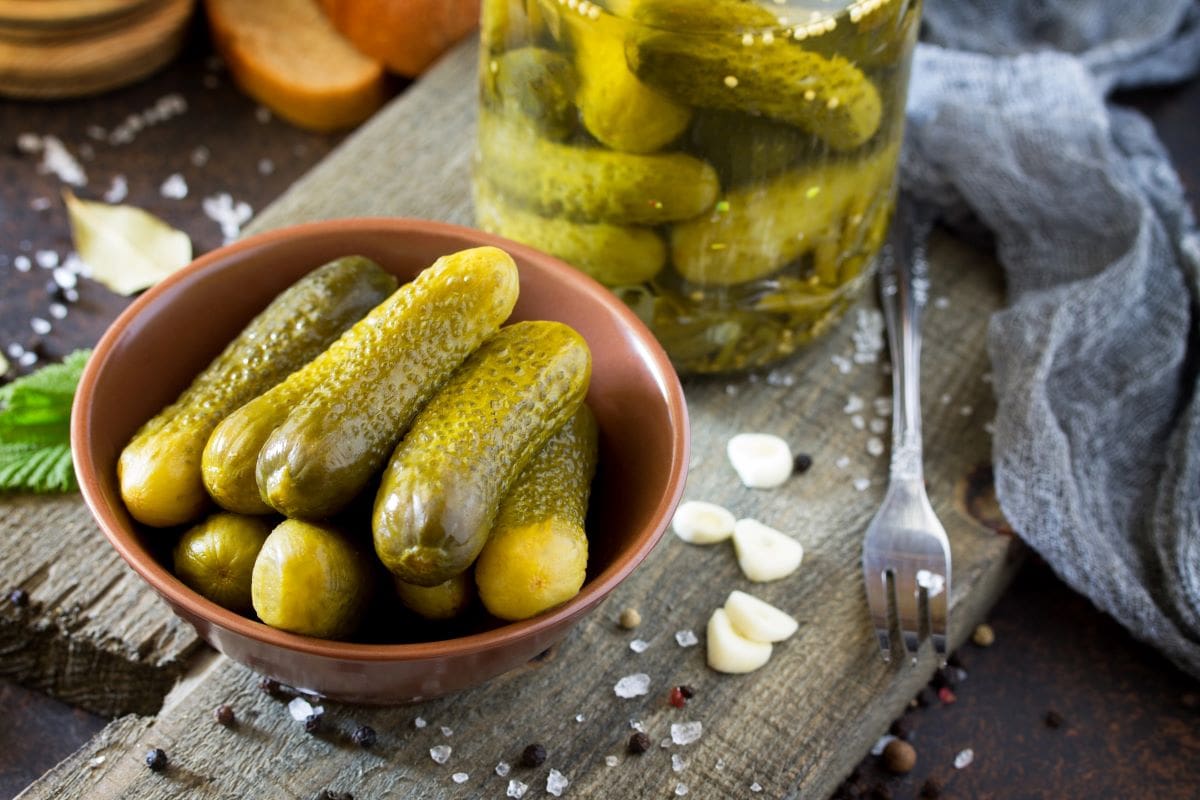
Crisp pickles tempt with bold flavors, but loose lids mean bacteria can slip in. Without sealed jars, there is no guarantee of proper processing. Grocery stores or certified vendors sell safe, sealed jars that protect your health and keep flavors fresh without unwanted surprises.
Related Post: 15 Food Companies That Only Locals Know Built Their State’s Identity
Sign up now to receive our exclusive e-cookbook filled with top-rated recipes for FREE!
Non Organic Produce Sold as Organic
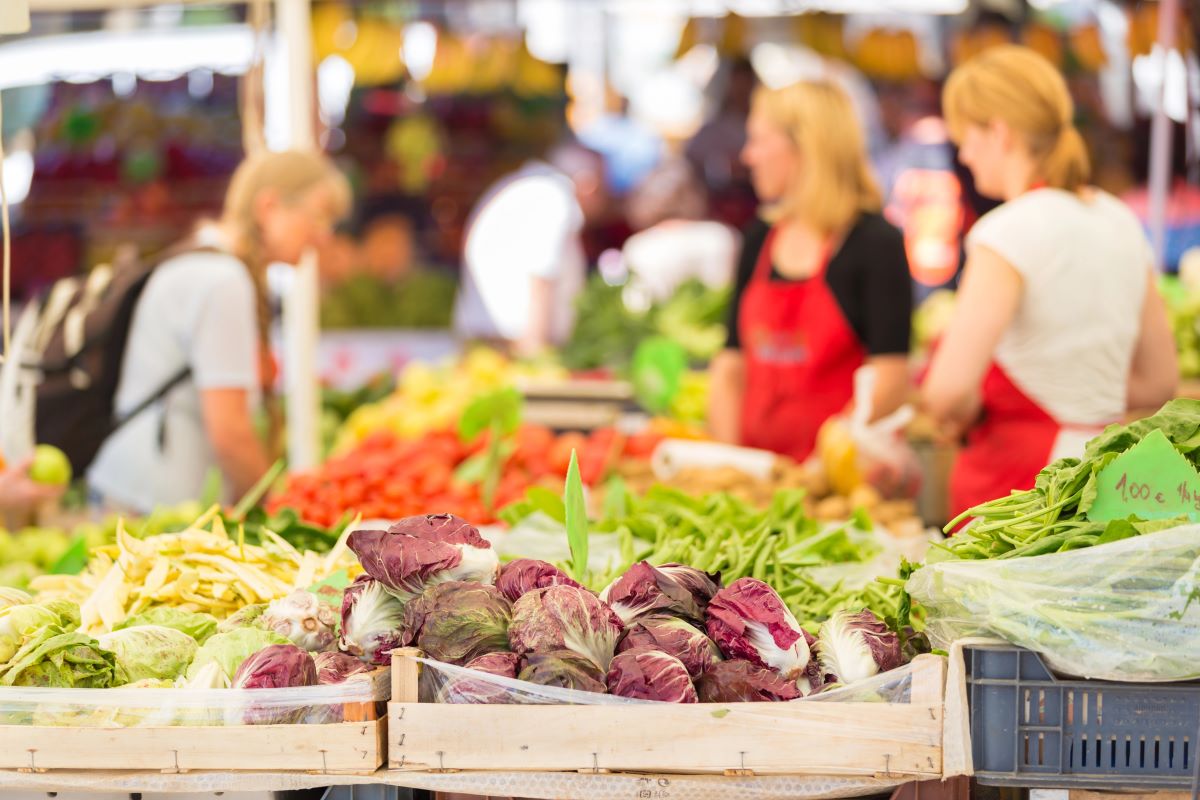
Labels reading organic can lure shoppers, yet some vendors bend the truth. Without certification, claims mean little. You might pay a premium for produce grown like any other crop. Certified organic sections in stores ensure you truly get chemical free fruits and vegetables worth the cost.
Related Post: 14 State Based Snacks That Deserve To Be National Icons
Farmers’ markets remain wonderful places to connect with local growers and savor seasonal treasures. Yet shopping smart keeps your money and health safe. Next time you stroll through colorful stalls, remember these twelve items and feel confident leaving them behind for wiser choices elsewhere.
Disclaimer: This list is solely the author’s opinion based on research and publicly available information.
13 Farmers Markets That Feel Like Theme Park Adventures

Farmers’ markets are no longer just about fresh produce. Across America, they’re turning into lively places filled with food, fun, and surprises for every visitor.
From live music and quirky art to exotic eats, these markets feel like mini theme parks. Shoppers come for veggies but stay for the unforgettable experiences.
Read it here: 13 Farmers Markets That Feel Like Theme Park Adventures
How to Save $100+ Every Month at the Grocery Store

From planning your meals to avoiding sneaky upcharges in the snack aisle, here’s a realistic guide to trimming your food budget without adding stress to your week.
Read it here: Things Moms Waste Money On (and Don’t Even Know It)
Is Walmart+ Still Worth It in 2025? The Truth After 3 Years

Is the new Walmart Plus worth the annual fee or is it just another failed version of Amazon Prime? I spent my own money trying this service out for 12 months and counting. I have a lot to say about the benefits and drawbacks in this Walmart+ honest review.
Read it here: Is Walmart+ Worth It? Honest Review 3 Years Later!
You’ll love these related posts:
- 13 Things That Vanished From Red Robin Menu
- 13 High Protein Restaurant Meals That Still Taste Like Comfort Food
- 15 Burger Toppings That Vanished Overnight Because Of The FDA
- 12 Low Calorie High Protein Orders You Can Get Without Annoying The Chef
- 12 Fast Food Ice Cream Deals That Disappear Fast On Ice Cream Day
